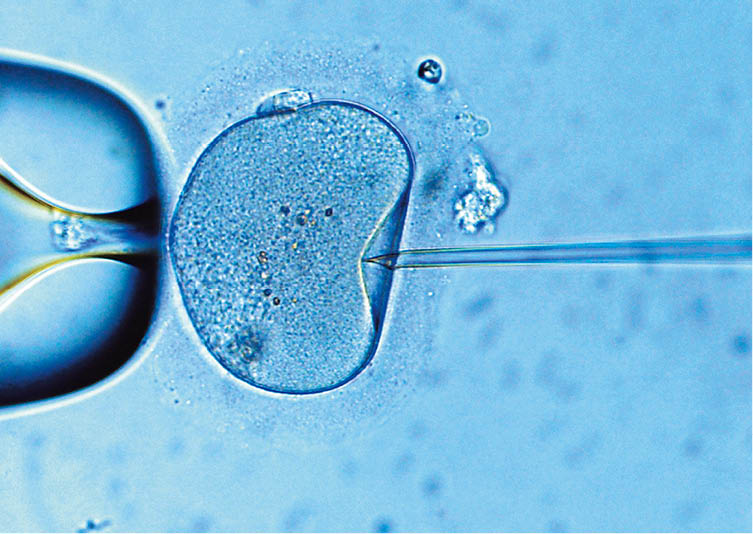Preterm birth, low birth weight nothing to do with assisted reproduction
So, a couple can’t have children and is thinking of assisted reproduction. But they are also worried that medically assisted reproduction raises risks that such a baby may be born preterm [less than 37 weeks of pregnancy] and with low birth weight [less than 2.5 kg]. Children born with low birth weight have more respiratory, […]

So, a couple can’t have children and is thinking of assisted reproduction.
But they are also worried that medically assisted reproduction raises risks that such a baby may be born preterm [less than 37 weeks of pregnancy] and with low birth weight [less than 2.5 kg].
Children born with low birth weight have more respiratory, cognitive and neurological problems than those born with normal weight.
Preterm babies have elevated risks of heart defects, lung disorders, brain damage, and delayed development.
But a new study published in the journal Lancet has found risks of preterm birth and low birth weight don’t actually increase with medically assisted reproduction.
It is in contrast to a number of previous studies by other researchers that found risks.
Scientists of the Max Planck Institute for Demographic Research (MPIDR) together with researchers from the London School of Economics and Helsinki University analyzed a large number of Finnish siblings and did not find elevated risks.
“Couples with an unmet desire for children don’t have to decide against MAR anymore, because they might allegedly increase the health risks for their child,” says Mikko Myrskylä, author of the study and MPIDR director.
Children born after medically assisted reproduction have higher risk of preterm birth and low birth weight than conceived naturally.
But the elevated risks have nothing to do with the intervention. Couples with conception difficulties always have this problem, regardless of their choice for or against fertility treatment.
It is not known exactly why the risks are increased, but the “physiology of reduced fertility itself probably plays an important role,” says Alice Goisis, another MPIDR author of the study.
“When deciding for medically assisted reproduction nobody has to have the feeling anymore that she or he is deliberately putting her or his child at extra risk,” says the MPIDR researcher.
“It is difficult to say whether preterm delivery is higher in assisted delivery, but in my experience, preterm delivery babies are prone to a lot of abnormalities,” Dalhatu Afegbua, senior registrar, paediatrics department at Federal Medical Centre, Azare.
“When a couple comes forward for assisted reproduction, you are supposed to be enlighten them, let them have knowledge of it before they go in for it.”
Emotionally it plays an important role for affected couples if they have to deal with elevated health risks for their baby that they cannot change anyway, or if they increase threats knowingly, Goisis says.
The latter is not the case when choosing MAR, as The Lancet Study shows.
Considering for or against fertility treatment can now happen free from feelings of guilt and bad conscience.
This is a relief for many, says Alice Goisis.
Up to 5 million children around the world have been born to date using medically assisted reproduction.
